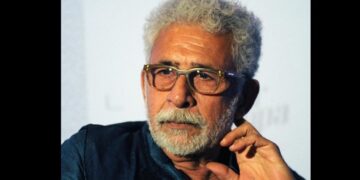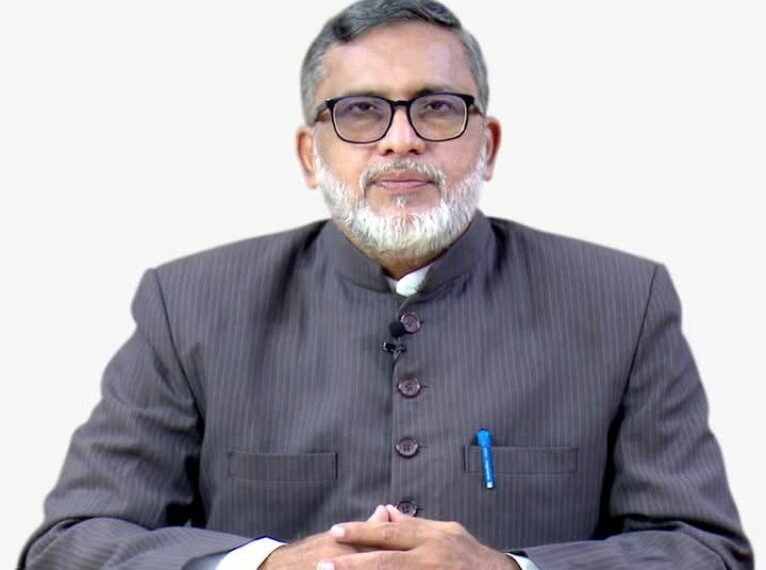New Delhi: The Vice President of Jamaat-e-Islami Hind (JIH), Malik Moatasim Khan, has voiced grave concern over the Assam government’s decision to issue arms licenses to indigenous residents in ‘vulnerable’ areas.
In a statement, the JIH Vice President said, “We express grave concern over the recent decision by the Assam Cabinet to issue arms licenses to ‘original inhabitants and indigenous Indian citizens’ residing in what are termed ‘vulnerable and remote’ areas of the state.”
“This policy, as announced by Chief Minister Himanta Biswa Sarma, appears to be a regressive and dangerous move that could worsen social tensions and undermine the rule of law. The decision to arm civilians selectively raises serious questions about the intent and implications of such a policy,” Malik Moatasim Khan said.
He stated, “Labelling these regions as ‘vulnerable’ and selectively empowering certain groups with arms licenses appears to aim at marginalising and intimidating minority communities. The Assam government’s criteria for defining ‘original inhabitants’ remain ambiguous, potentially leading to arbitrary and discriminatory practices in the issuance of arms licenses.”
Khan further said, “This move must be viewed in the broader context of the Assam government’s recent actions, including the detention of Bengali-speaking Muslims labelled as ‘foreigners’ without due process, and the implementation of policies that disproportionately affect minority communities.”
Such measures contribute to a climate of fear, undermine the role of the police, BSF, and other law-enforcing agencies, and may lead to extreme day-to-day violence in the region, he added.
ALSO READ: Assam to issue arms licences to indigenous residents in vulnerable areas: CM
Jamaat-e-Islami Hind has urged the Assam government to immediately withdraw this highly regressive decision and engage in inclusive dialogue with all stakeholders to address security concerns without resorting to measures that could incite violence or deepen social and communal divides.
“We call upon civil society organizations, human rights bodies, and the judiciary to scrutinize this decision and ensure that the rights and safety of all communities in Assam are protected,” Khan said.















